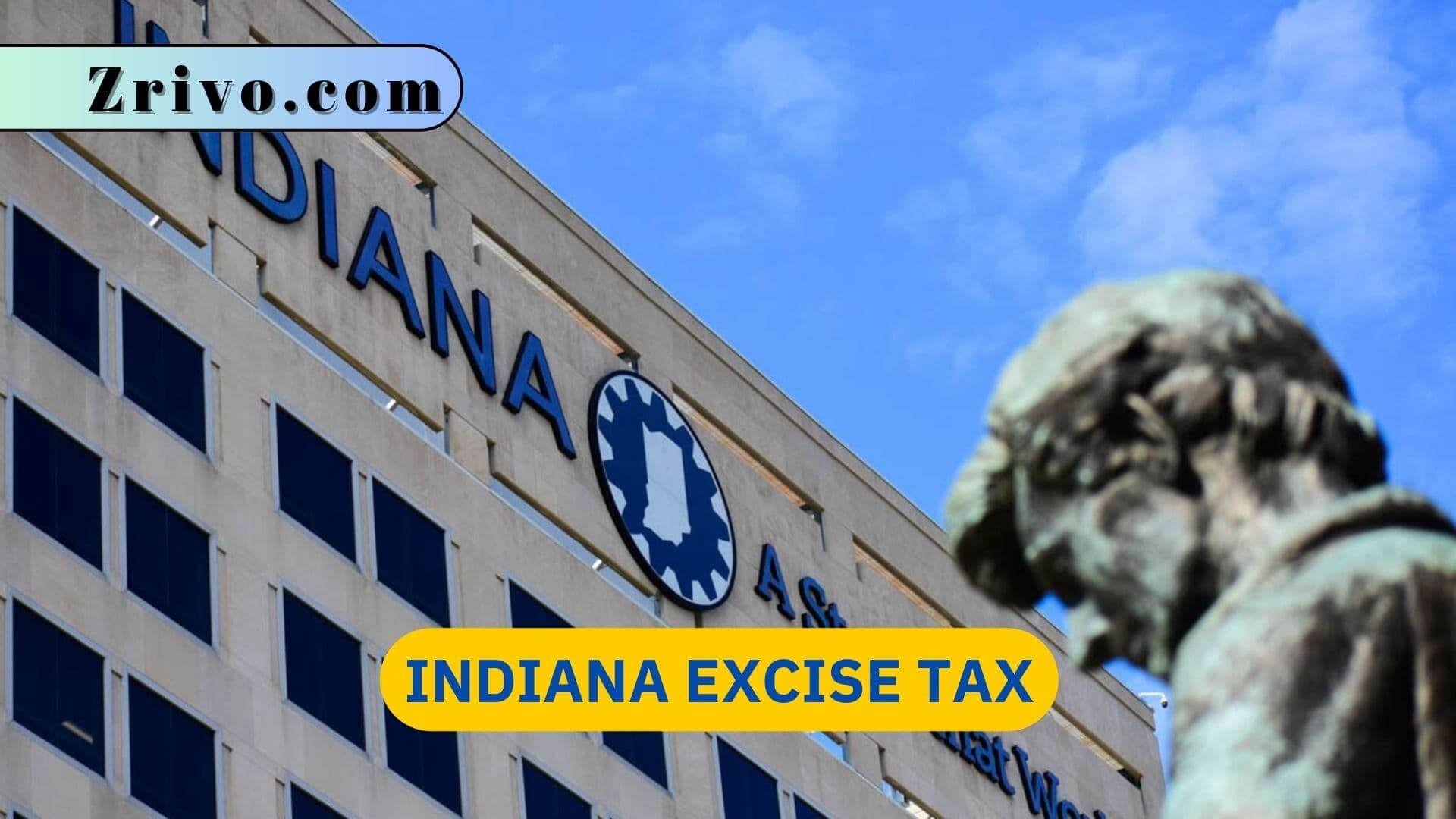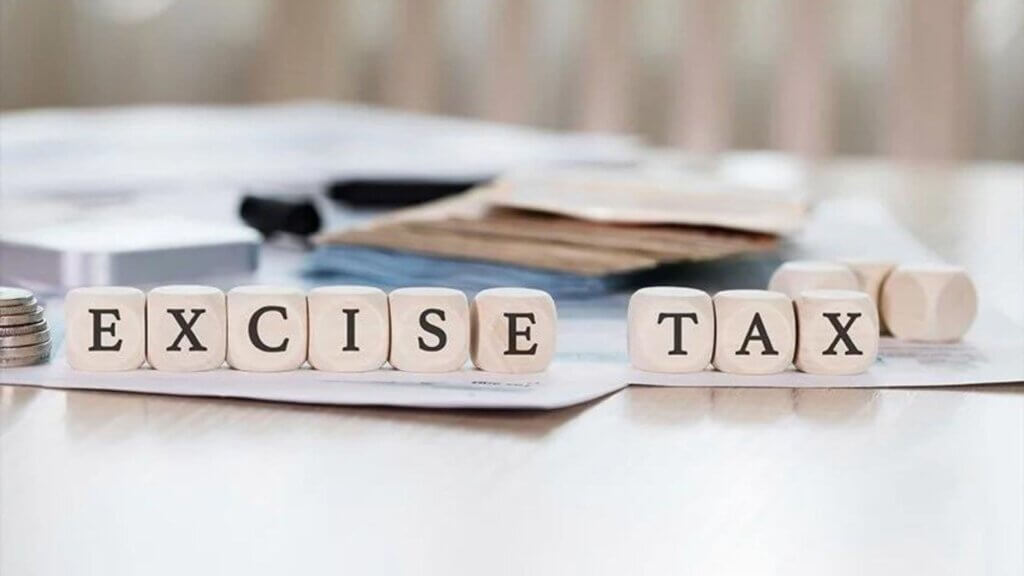
An excise tax is a type of tax levied on specific goods, services, or activities. Unlike sales taxes, which are often general taxes on most retail purchases, excise taxes target specific items. They are typically indirect taxes, meaning the seller collects the tax from the buyer but then forwards it to the government. Indiana excise tax is a form of state sales tax. It is imposed on heavy rental equipment that is rented from retail merchants in the state of Indiana.
- Motor Vehicle Excise Tax: An annual tax levied on most vehicles registered in Indiana. It replaces local property taxes on vehicles.
- County Excise Tax: Some Indiana counties impose their own excise taxes on specific items or activities.
- Heavy Equipment Excise Tax: Applies to the rental of heavy equipment in Indiana.
Indiana Excise Tax on Cars
The Indiana excise tax on cars and trucks is used to pay for maintenance of the state’s highways, roads, and bridges. It is an annual fee based on the value of your vehicle and its age. Depending on your circumstances, you may be able to deduct some or all of the tax on your income taxes.
The state’s excise tax is calculated by dividing your car into 17 classes based on its price and then taxing each class according to a 10-year statutory rate schedule. For example, a new Silverado is classified as class 12 and would be taxed at $300 when it was first offered for sale in the state.
Many dealerships also charge a document preparation fee, commonly called a “doc fee”. This fee is not included in the state sales tax and can vary from one dealership to another. It covers the cost of preparing the sales contract and other documents needed to complete your purchase. The average doc fee is $1501 but can vary from dealer to dealer and vehicle to vehicle.

Indiana Excise Tax on Cigars
The tax on cigarettes and cigars in Indiana contributes significantly to government revenue. It is used to pay for health care costs related to secondhand smoke and fund Hoosier’s mental health centers. It also helps the state improve its health rankings. In addition, the tax is a significant source of revenue for the Healthy Indiana Plan Trust Fund and for Medicaid.
Indiana Excise Tax Exemption
Some customers, such as government agencies and some nonprofit organizations, are exempt from paying sales and excise taxes. These exemptions are based on a legal concept called “nexus.” To determine if you need to collect sales and excise taxes in Indiana, you should check with your state’s tax authority. If you need to collect tax, you should ensure that you have a system in place to calculate and collect the correct sales tax amount. You should also be prepared to provide documentation and proof to back up your claim.